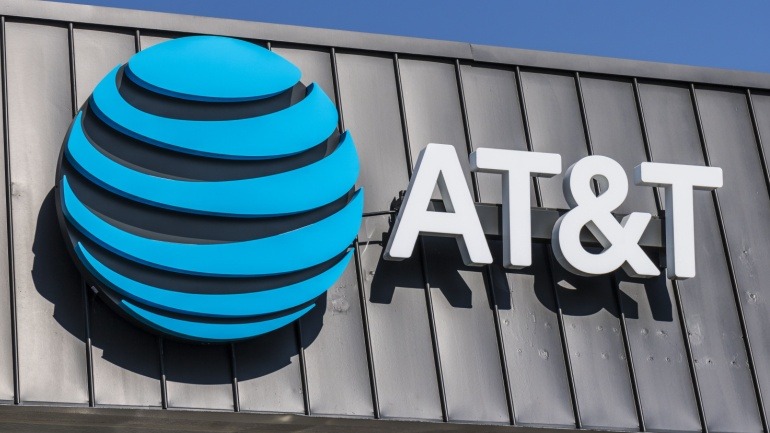The Department of Energy will establish AI data centers at four federal sites in Idaho, Tennessee, Kentucky and South Carolina. These centers will use existing energy resources and infrastructure to accelerate AI and semiconductor projects.
CoreWeave is investing over $6 billion in a new data center in Lancaster County, Pennsylvania, to support advanced artificial intelligence workloads. The facility will initially deliver 100 megawatts of power with plans to scale.
In response to a significant tariff hike, Apple has flown five cargo planes of products from India to the U.S. to avoid steep new taxes. This costly decision reflects the urgency U.S. companies face amid trade tensions. As tariffs rise, consumers worry about price hikes, while tech firms like are grappling with increased costs.
The Stargate Project, backed by OpenAI, SoftBank, Oracle, and MGX, promises to revolutionize AI infrastructure with a $500 billion investment. Key players like Oracle and OpenAI are driving this initiative to reinforce American leadership in AI.
Rakuten Mobile is amplifying its presence in the U.S. to push Open RAN forward, a key focus of the NTIA’s Public Wireless Supply Chain Innovation Fund. This move aims to strengthen the telecommunications supply chain and foster competition in the wireless sector.
The U.S. government’s recent $273 million allocation through the Wireless Innovation Fund marks a pivotal advancement in the realm of VoIP and wireless technology. By promoting Open Radio Access Networks (Open RAN), this initiative supports the creation of cutting-edge Open Radio Units (ORUs), propelling the telecommunications industry’s VoIP capabilities and competitiveness.
The U.S. Department of Commerce has tightened restrictions on China’s access to advanced semiconductors critical for military and AI technologies. New rules target manufacturing equipment, high-bandwidth memory, and compliance measures while adding 140 entities to the Entity List.
DIDWW has launched toll-free A2P SMS messaging services in the USA, enhancing business communication capabilities. This empowers businesses to efficiently engage customers via VoIP, automate operations, and increase trust.
DIDWW’s introduction of toll-free inbound SMS in the USA is set to improve VoIP services, enhancing business communication by integrating voice and messaging capabilities. By offering two-way communication on DID numbers, DIDWW enables brands to elevate customer service, streamline operations, and improve interactions through efficient virtual phone numbers.
AT&T has recently finalized new contracts with the Communications Workers of America, impacting 23,000 employees. These agreements bring wage hikes, better healthcare, and increased job security, aligning with AT&T’s strategy.












